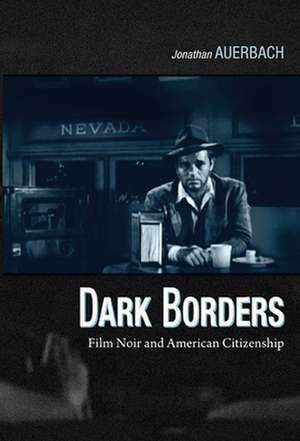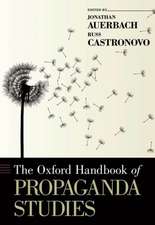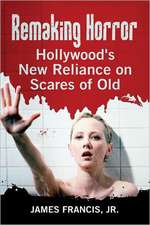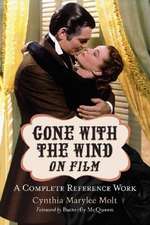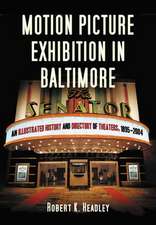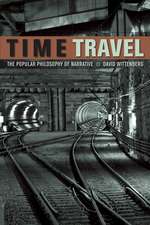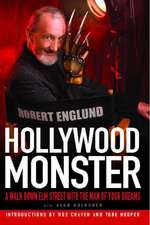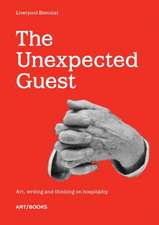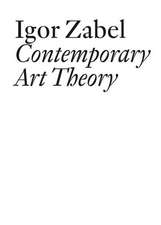Dark Borders – Film Noir and American Citizenship
Autor Jonathan Auerbachen Limba Engleză Paperback – 24 mar 2011
Preț: 212.87 lei
Nou
Puncte Express: 319
Preț estimativ în valută:
40.73€ • 42.83$ • 33.66£
40.73€ • 42.83$ • 33.66£
Carte tipărită la comandă
Livrare economică 17 aprilie-01 mai
Preluare comenzi: 021 569.72.76
Specificații
ISBN-13: 9780822350064
ISBN-10: 0822350068
Pagini: 280
Ilustrații: 24 photographs
Dimensiuni: 156 x 230 x 22 mm
Greutate: 0.4 kg
Ediția:New.
Editura: MD – Duke University Press
ISBN-10: 0822350068
Pagini: 280
Ilustrații: 24 photographs
Dimensiuni: 156 x 230 x 22 mm
Greutate: 0.4 kg
Ediția:New.
Editura: MD – Duke University Press
Cuprins
Illustrations; Acknowledgments Introduction: The Un-Americanness of Film Noir; 1. Gestapo in America (Confessions of a Nazi Spy and Stranger on the Third Floor); 2. White-Collar Murder (Double Indemnity); 3. Cuba, Gangsters, Vets, and Other Outcasts of the Islands (The Chase and Key Largo); 4. North from Mexico (Border Incident, Hold Back the Dawn, Secret Beyond the Door, and Out of the Past); 5. Bad Boy Patriots (This Gun for Hire, Ride the Pink Horse, Pickup on South Street) Postscript: Darkness Visible; Notes; Bibliography; Index
Recenzii
While scholars have long attended to film noir as one of the preeminent genres of U.S. cinema, they ironically have rarely studied it in terms of its specific engagements with national self-identity and self-definition. Deftly employing his strong and reputed background in American Studies to far-reaching ends, Jonathan Auerbach shows precisely how film noir was central to the countrys self-questioning in the fraught times of the Cold War. This is a groundbreaking study that comes up with trenchant insights about a genre that one might have thought had nothing new to yield to critical inquiry. Dana Polan, New York UniversityThis terrific book offers fresh insight into both the genre of film noir and the cultural production of the postwar and early Cold War period. Through rich, historically contextualized readings of a range of noir films, Jonathan Auerbach shows how the genre captured the uncanniness of a time of suspicion and paranoia. By illuminating the uncanny figures (the immigrants, the aliens, the strangers) and spaces (national borders and urban zones) that characterize the noir affect, he shows how these films dramatized the national response to the changing terms of citizenship and subjectivity as the anxious fear of the stranger within.Priscilla Wald, author of Contagious: Cultures, Carriers, and the Outbreak Narrative
Notă biografică
Descriere
Connects anxieties about citizenship and national belonging in midcentury America to the sense of alienation conveyed by American film noir
